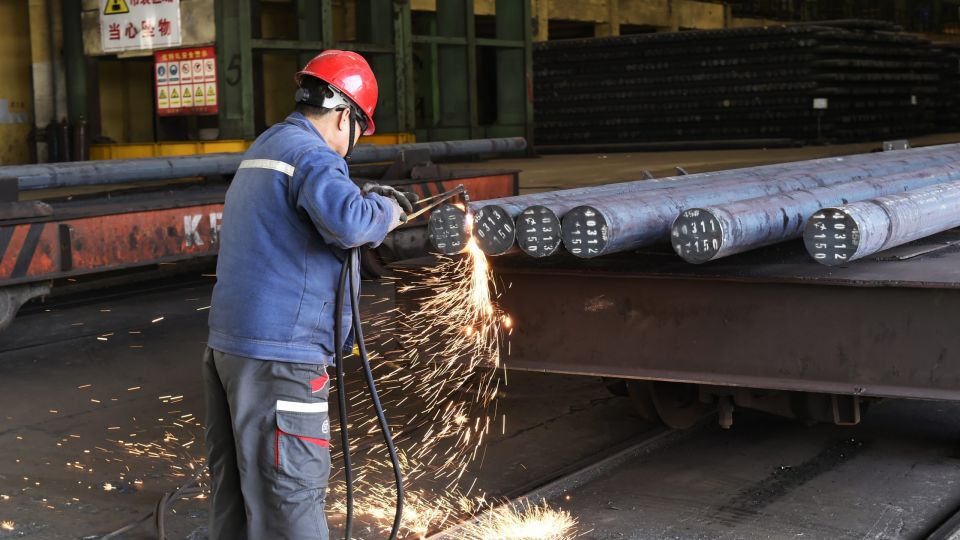August 6, 2018
China is defending its economy and predicting sustained growth despite an escalation of a trade war with the United States.
As the trade war between the United States and China ramps up, Beijing has gone an offensive media blitz to counter the White House argument that its tariffs are causing harm to China’s economy and economic growth.
Beijing’s top economic regulator told Chinese state media last week that the economy is forecast to see solid growth in the second half of the year, bolstered by buoyant local consumption.
“In the first six months, consumption retained growth momentum and has played a key role in supporting economic growth as consumption has become a key element of the nation’s rebalancing act,” Liu Yunan, a senior official with the National Development and Reform Commission.
For longtime China observers, the news may be a little surprising considering China has long been an export-driven economy and many countries, including the United States, has long advocated that Beijing build up its local consumer base to offset its aggressive trade policies.
In the same article, the NDRC revealed that local consumption contributed 78.5 per cent of total economic growth in the first half, up by 14.2 percentage points compared with the same period last year.
According to a China Daily article:
“The report comes at a time when the tepid growth of some indicators has raised concerns over China’s rebalancing moves toward domestic consumption as trade troubles with the United States have escalated and uncertainties in the global economy have increased.”
“The government will roll out more supportive measures to increase consumer demand, such as continuing to promote supply-side reforms, providing better products and fostering a more vibrant private sector.”
“External Factors”
Chinese state media has highlighted contributing “external factors” to China’s economic growth in several articles over the past week.
A China Daily report from Friday stated:
A key meeting of the Political Bureau of the Communist Party of China Central Committee signalled that China will focus more on maintaining the stability of the economy in the second half of this year amid external uncertainties.
A separate article, also from Friday, stated:
Despite some external challenges, [local] spending is expected to see a rebound in coming months with downward dips remaining under control.
Beijing has also gone on the offensive hitting back at US criticisms while urging unity in the face of Washington’s trade obtuseness.
An op-ed written by a Chinese-based think-tank refuted charges by Washington that the country’s conglomerates and businesses steal American ideas. The subject had already been a point of contention at a May World Trade Organization meeting in Geneva.
During that meeting, U.S. Ambassador Dennis Shea said “forced technology transfer” was the price to pay for companies trying to access Chinese markets.
The op-ed refuted those charges stating:
China made a clear commitment when it joined the World Trade Organization that it would not require additional technology transfer to approve inward foreign direct investment even though such technology transfer for FDI conforms to WTO rules.
At the national level, China does not approve inward foreign investment by attaching technology transfer as a condition. At the enterprise level, however, such technology transfers by foreign companies do take place, because it is normal for foreign enterprises operating in any country to engage in capital, resources, technology, management and brand cooperation and transaction. But it should not be misinterpreted as mandatory requirement of the Chinese government.
Chinese Foreign Minister Wang Yi has also gone on the offensive, saying that US threats to further increase tariffs were doomed to fail and would only hurt the country in the long term.
The US “still cannot eliminate what it claims as its trade imbalance” if it reduces imports from China and raises them from other countries, Wang said at a news conference.
Wang noted that Washington is encouraging the return of production lines to the US while China’s domestic demand is rising.
“We are willing to import more goods from all over the world that meet the needs of the Chinese market. I think these US enterprises will not give up China’s increasingly expanding market,” Wang said.


